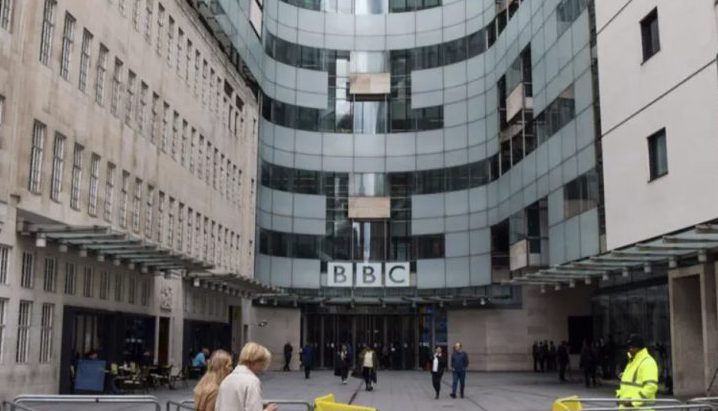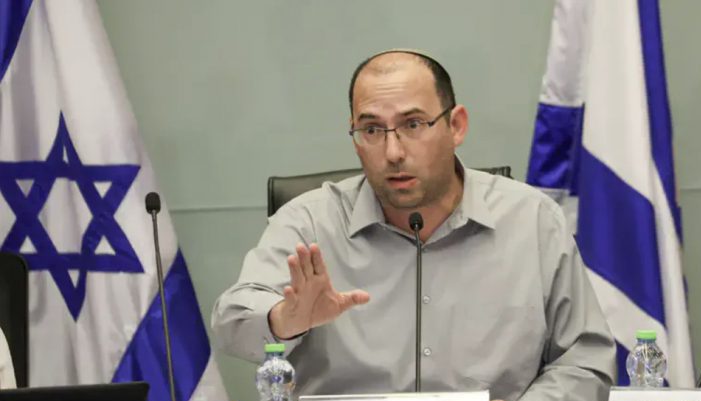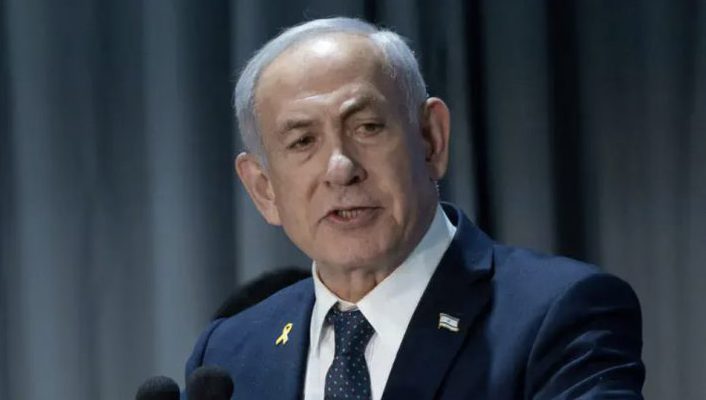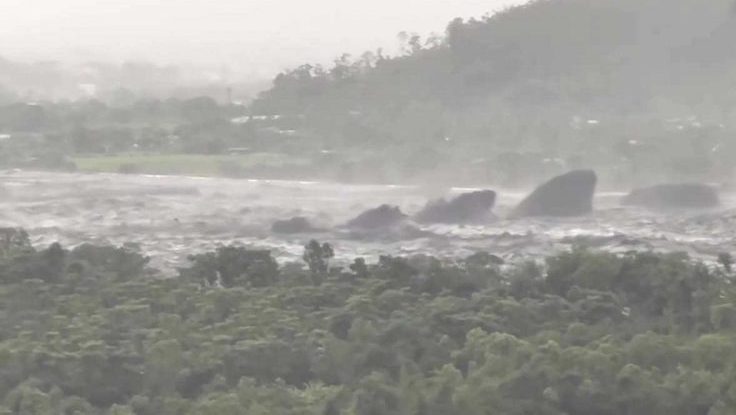Those unsympathetic towards Israel throughout the conflict with Hamas terrorists, were unsure whether they could bring themselves to support Iran, fighting for their right to develop nuclear weapons in order to annihilate Israel. This would be a step too far even for the BBC. Opinion.
Here’s an odd thing. Since the abductions, rapes and murders by Hamas on 7 October 2023, BBC News programmes have been consistently biased against Israel. It started on the Today programme when Mishal Husain refused to call Hamas a “terrorist organisation” and got into an idiotic row with Sir Grant Shapps. Days later, John Simpson, who clearly knows on which side his bread is buttered, also refused to call Hamas “a terrorist organisation”.
This was just the beginning. Over the last two and a half years BBC News programmes, including flagship shows like Today and Newsnight, have consistently shown extraordinary bias against Israel, in every possible way.
-Reporters have accused Israel of attacking hospitals in Gaza, even when it turned out that the missiles were fired by Hamas;
-They have accused Israel of attacking hospitals without mentioning that Hamas terrorists have consistently hidden under hospital buildings;
-They have taken Hamas mortality figures at face value when they are clearly unreliable; –
-They have treated spokesmen and women for NGOs as saints while simultaneously interrupting and heckling Israeli spokesmen and women;
-They have stacked discussions in favour of critics of Israel.
-In an interesting new twist, even for the BBC, they have cast spokesmen from Likud (the Israeli “Far Right”) with thick guttural Israeli accents because they will clearly sound not just right-wing (which they are), but also unsympathetic — unlike pro-Israeli spokesmen and women like Eylon Levy, Natasha Hausdorff, Yaakov Katz and Mark Regev, who are both more liberal and speak much better English.
I have written about all of this elsewhere in a number of lengthy articles for TheArticle.
During this period, the BBC has never once apologised for its bias or removed any presenters of reporters — not even Jon Donnison, who in a live broadcast claimed that Israel had fired missiles at a Palestinian Gazan hospital when it later turned out to have been a missile fired by mistake by Hamas.
The BBC immediately apologised when David Walliams performed two Nazi salutes on a pre-recorded programme which hasn’t even been shown, yet it has never apologised for two well-known presenters refusing to call Hamas a terrorist organisation; it famously dragged its feet over what to do about Gary Lineker and, except for a hilarious sketch on Dead Ringers (Radio 4), has not made any comment about Dawn French, a well-known BBC personality, putting on a mocking voice to trivialise those who mourn the murdered children and raped girls from the Hamas terrorist attack on Israel on October 7.
Then, last week, came the Iran-Israel war which suddenly posed a curious dilemma for BBC News programmes. Programmes, presenters and reporters who have been unsympathetic towards Israel throughout the conflict with Hamas terrorists, have been unsure whether they could bring themselves to support Iran, fighting for their right to develop nuclear weapons in order to annihilate Israel. This would be a step too far even for the BBC.
I continue to boycott Jeremy Bowen, so I don’t know what he’s had to say on the recent war with Iran, but Today and the BBC News Channel have both provided interesting and thoughtful coverage so far, although they cannot resist questioning Netanyahu’s motives for attacking Iran. The News Channel has been particularly good in its coverage.
First, they have used reporters like Hugo Bashega from Israel , their security correspondent Frank Gardner and presenters like Lewis Vaughan Jones, instead of Orla Guerin, John Donnison and Jeremy Bowen. There have been a few pro-Iran interviewees, whether Iranian or British, such as a former British ambassador to Iran who spoke of Israel’s ”illegal aggression” and the BBC News Channel even managed to find a pro-regime Iranian woman, which must have taken some doing.
But overall the BBC coverage of this war has been impressively balanced. They have found some impartial and well-informed interviewees. Among the best have been Yaakov Katz, the American-born Israeli journalist and author of four books on the Israel military; the former Editor-in-Chief of The Jerusalem Post, Eylon Levy; the British military analyst Mikey Kay, well known to viewers of The Context; and Shashank Joshi, the Defence Editor of The Economist, who was superb throughout the India-Pakistan conflict and has been just as good during the first days of the Israel-Iran war.
Above all, the BBC News Channel has relied heavily on experts from think tanks such as The Middle East Council, the Stimson Institute in Washington DC and the Middle East Institute at RUSI, rather than BBC reporters and journalists and British politicians.
Reporters and interviewees have asked key questions such as why now, what are the implications for oil prices and the problems the conflict has posed for airlines as a result of planes being unable to fly over Israel, Jordan, Syria, Iraq and Iran.
Interestingly, there has been very little ambulance chasing or emotive footage of children wounded by Israeli missiles. Instead, the focus of most of the reporting has been on infrastructure targets (nuclear facilities) and “high-value leadership targets” (leading figures from the Iranian Revolutionary Guard, senior military commanders, nuclear scientists). Have we ever heard Hamas leaders who have been killed in Gaza described as “high-value leadership targets”?
There is another respect in which the BBC News Channel has been the big winner of the media coverage of the war. They have been able to draw on transport and business correspondents to talk clearly and intelligently about the problems facing airlines in the Middle East and the rising cost of oil, up from $65 a barrel to $77. They have also used people from the BBC Persian Service. This is what the BBC licence fee is really for: all these reporters we rarely see who suddenly emerge during a major international crisis.
Obviously, GB News have not been able to compete with this kind of comprehensive analysis. Nor have they tried. For two reasons. First, they don’t have the resources, obviously. Second, they know their audience isn’t very interested. So instead, GB News has focused on what does interest their viewers: anti-immigrant riots in Northern Ireland and Sir Keir Starmer’s U-turn on a national inquiry into grooming gangs. This is what we need. Two national news channels willing to provide comprehensive coverage of a major war in the Middle East and one new channel which can’t compete and therefore doesn’t try to, but does perform an important public service by covering important news stories when the others are busy elsewhere.
I would like to think that BBC News has changed its line on Israel to an objective, truth-seeking one, but I don’t believe it has. Its coverage of Hamas (or “the Palestinians” or “the Palestinian Health Authority” as the BBC calls them) will remain biased to an unprecedented degree. But at least during the Iran-Israel war, the BBC has brought very different impartiality to its coverage which is very welcome. It’s a reminder of what BBC News is for.





